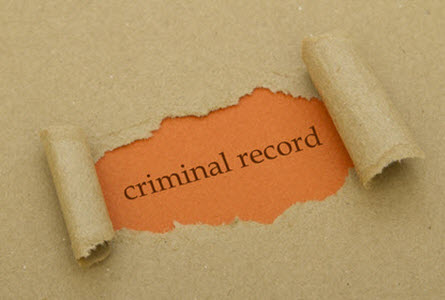Specific Parameters for Expungement in Louisiana

Having a criminal record can have long-lasting consequences, affecting employment opportunities, housing options, and even personal relationships. Fortunately, Louisiana law provides a process known as expungement, which allows certain individuals to have their criminal records sealed or erased.
If you are interested in learning more about this process, connect with a New Orleans criminal defense lawyer. Reputable attorneys are available to share with you the specific parameters for expungement in Louisiana, including who qualifies, the waiting periods involved, and the legal implications of expungement.
Waiting Periods for Expungement
In Louisiana, there are specific waiting periods that individuals must satisfy before they can apply for expungement. Rules surrounding timelines follow.
- For misdemeanor offenses, individuals must wait five years from the date of completion of their sentence, including any probation or parole.
- When it comes to felony offenses, the waiting period is extended. Taking into account any time spent on probation or parole, individuals must wait ten years from the date of completion of their sentence.
But before even considering deadlines, it is important to recognize that not everyone is eligible for expungement in the bayou state.
Generally, individuals may qualify for expungement if criminal charges were dismissed, not prosecuted, or resulted in an acquittal. In some cases, a conviction may be set aside, such as through a successful appeal or post-conviction relief, and those individuals may be eligible for expungement as well. Finally, if a pardon has been granted by the Governor of Louisiana, the individual may be eligible for record sealing.
Rare Cases of Disclosing an Expunged Record
While expungement effectively seals or erases a criminal record, there are situations where individuals may still need to disclose an expunged criminal record. For example:
- Certain employment opportunities. Some employers, particularly those in sensitive industries such as healthcare, education, or law enforcement, may require applicants to disclose expunged convictions.
- Professional licensing. Individuals seeking professional licensure, such as lawyers or healthcare professionals, may be required to disclose expunged convictions to licensing boards.
- Security clearance. When applying for government jobs or a position involving high security, receiving clearance may require a disclosure of expunged convictions during the application process.
Navigating the expungement process isn’t easy. Having the assistance of an experienced lawyer is advised.
A lawyer can review your criminal record and determine whether you meet the qualifications for expungement under Louisiana law. If you are in a situation where expungement is an option, your attorney can assist with preparing and filing the necessary petition with the court. Next, your New Orleans criminal defense lawyer can represent you in court, advocate on your behalf, and advise you on the legal implications of expungement, including situations where you may still need to disclose expunged convictions.
Is expungement a possibility for you? By understanding the specific parameters for expungement, including qualifications, waiting periods, and legal implications, individuals can take proactive steps to seal or erase New Orleans, Metairie, or Gretna criminal records. Reach out to the seasoned legal team at Palazzo Law Firm to learn more. Call 504-433-1442 to schedule a consultation.
